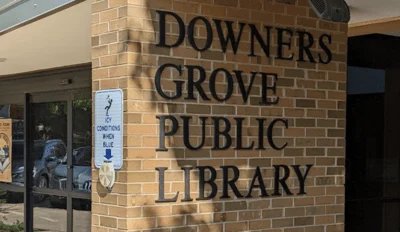Rep. Jeanne Ives (R-Wheaton) is tired of the same promises and the same end result, she said on the House floor on Wednesday.
“What was promised in this new funding formula was a brand new formula, but this legislation doesn’t change how most of the money is spent," Ives said. “This legislation … locks in place the old formula in perpetuity, keeping the very inequities in place many of us have argued against for years. Case in point: Illinois spent about $5.1 billion in General State Aid in FY17 and, under this plan, 90 percent of the state aid is going to be locked into that same old formula that everybody said is inequitable.”
Ives was talking about Senate Bill 1, an education-funding formula measure sponsored by Rep. William Davis (D-Homewood) that would invest tax dollars in best practices to enhance student achievement and tailor funding to address each unique school district, he said.
It would also direct new funding to districts “furthest away from having adequate resources to educate their kids,” Davis said.
“Illinois' current funding system is the most regressive in the county, period," Davis said. "Simple as that. Despite having the fifth-largest economy of all the states, Illinois ranks dead last in terms of state and local expenditures to low-income students compared with non-low-income students. In terms of state share of education funding, Illinois ranks dead last again.”
SB1 would take Illinois from the bottom to the top, Davis said.
Ives, however, disagreed and was notably upset about what she saw as the Chicago-centric amendments to the bill.
“They would get [the funds] to count towards their adequacy targets, their pensions and their health care, eventually,” Ives said. “The rest of the state is going to start to feel the effects of having to pick up the cost of their health care and their pension because they are going to embed in the formula, which gives them a significant advantage. Additionally, they are going to get to keep their block grants of about $250 million in excess. Other school districts are not going to get to do this at all.”
Ives concluded that locking in the formula and giving Chicago advantages over other school districts is “not how you should do education funding reform in the state of Illinois.”
SB1 passed the house on a 60-52 vote on Wednesday.






 Alerts Sign-up
Alerts Sign-up